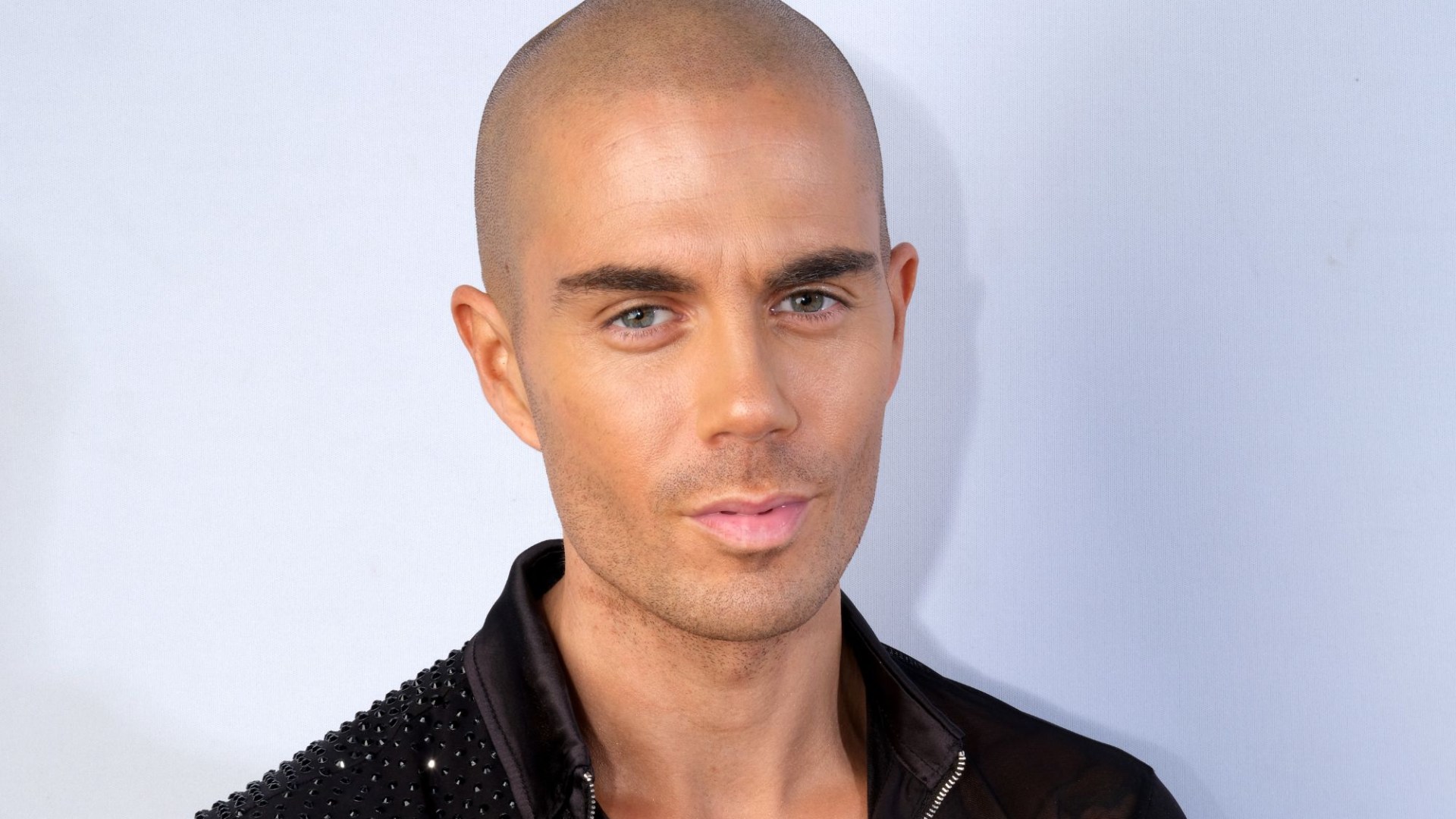A HEART patient turned action man who had a pacemaker fitted in his early thirties, like singer Max George, has told the pop star he can still live life to the full.
The Wanted singer Max appealed to fans this week for advice after he noticed a “flicking” sensation as he recovered from his heart surgery, which took place before Christmas.
5

5
Elliot Awin, 36, who is the same age as Max and had a pacemaker fitted five years ago, revealed he went on to fulfil a dream of rowing across the Atlantic single-handedly.
The fitness fan, who has raised more than £150,000 for heart charities including the British Heart Foundation said: “Having a pacemaker is no reason not to live life to the full. Yes, it changed my life, but I can still do epic stuff.”
Max was diagnosed with a 2:1 block — where the heart can beat more slowly or with an abnormal rhythm because of a problem with the electrical pulses.
He was initially set to spend Christmas recovering from his pacemaker operation in hospital, but was released on December 24 feeling “bruised and battered”.
On New Year’s Eve, he updated his Instagram followers about his condition, writing: “I’m in the hospital tomorrow for another check-up because I’ve been getting this flicking feeling in the left-hand side of my chest.
Risk of flatlining
“I know nothing about pace- makers, it came completely out of the blue. Any information I could get would be most appreciated.”
Elliot, from Dorking, Surrey, felt fit and healthy until one night in 2014 when he woke up with a racing heart.
He initially chose to shrug off the symptoms.
Elliot, who imports wine for a living, said: “Like any normal 23-year-old I ignored it and rushed off to work — then I carried on playing rugby at the weekend.
“But it didn’t go away so I called the doctor.”
He was sent to A&E and tests showed he had Wolff-Parkinson-White syndrome, a condition that causes an irregular heart beat.
“I should have felt scared, but it was prob- ably due to my age and naivety at the time that I felt invincible. I now know there is a fine line between resilience and naivety, and I carried on playing rugby until there were a couple more serious episodes on the pitch.
“During one episode I had to be rushed off and given oxygen.”
In 2015, Elliot was also diagnosed with paroxysmal atrial fibrillation.
He was in and out of hospital six times between November 2014 and February 2020.
But his life was in grave danger when his heart rate dropped to a dangerously low four beats per minute during a routine operation on his knee in 2019, following a walking holiday in Norway.
He was moments from flatlining.
Elliot said: “I knew things had to change then.”
He finally agreed to have the pacemaker fitted in February 2020.

5
He was under doctors’ orders to recover for several weeks and fortunately his pals rallied round when the Covid lockdown struck in 2020.
Elliot explained: “Someone suggested I host virtual wine-tasting events as a fun way to bring groups of friends together. Before long I had about 350 people online at a time, it was great.”
Forced to give up rugby after his diagnosis, Elliot took up CrossFit training.
There he met someone who was rowing for 24 hours straight to raise money for the Air Ambulance.
It inspired Elliot to take up his own challenge — rowing the Atlantic.
And last December Elliot became the first person with a pacemaker to conquer the gruelling 3,000-mile solo journey from the Canary Islands to Antigua in a 7.4-metre boat — aptly named Pacemaker.
The feat took him 44 days.
He said: “The row made me feel invincible again.”
Elliot, who has set up his own charity, called Wave Wrangler to support those living with heart arrhythmia, revealed he has also experienced the same post-surgery symptoms as chart star Max.
He explained: “I’ve had a similar flicking sensation as Max and also went into hospital to get it checked, which is the right thing to do.
“While I can’t say if he has the same thing, a physiologist helped me optimise how each of the leads conduct and pace my heart. So I rarely get that feeling any more.
“When I occasionally get it, I know it is my pacemaker working and I even find it reassuring now.”
On adjusting to life with the device, he added: “I’d say to Max, times might be challenging but there is light at the end of the tunnel.
“A lot of people refuse to get a pacemaker as they are worried they won’t be able to play with their grandchildren or run for the bus, but what better way to show people they should get one.
“For me it was a silver bullet — it solved my heart problems.”

5

5
Secrets of life-saving machine
A PACEMAKER is a small battery-powered device that prevents the heart from beating too slowly.
Around 50,000 people are fitted with one in the UK each year, according to the British Heart Foundation.
Julie Ward, a senior cardiac nurse with the British Heart Foundation, said: “A heart block happens when electrical signals that move through your heart and make it beat become blocked or delayed.
“First degree heart block will not cause any symptoms, and usually does not need treatment, but second and third degree heart blocks are more serious.
“They can cause dizziness, exhaustion, shortness of breath or a very low heart rate, and are more common in those aged 60 and over.
“A pacemaker is a small electrical device that’s put under the skin in your chest.
“It’s used to treat some abnormal heart rhythms, called arrhythmias, that can cause your heart to beat too slowly or miss beats.
“It’s normal to feel tired after having a pacemaker fitted, but most people can return to normal daily activities after a few days.
“Some people with arrhythmia can get sensations that may feel like flicking in the chest, and some don’t.
“If you have any concerns about your heart and are experiencing symptoms that are concerning you, make an appointment with your GP.”




